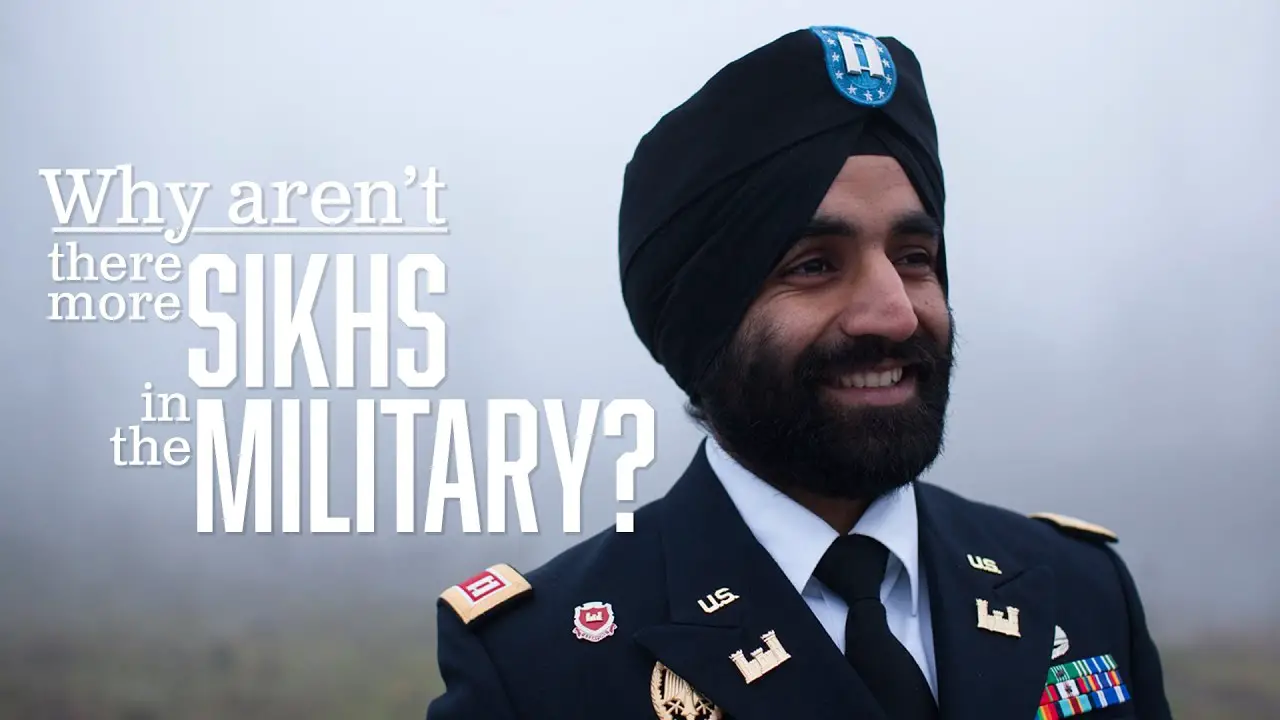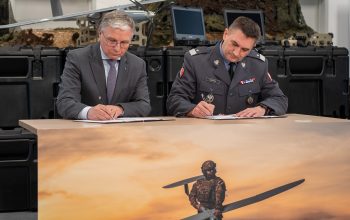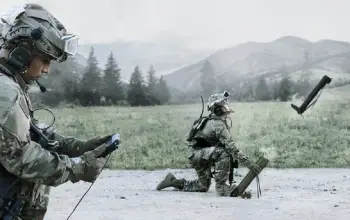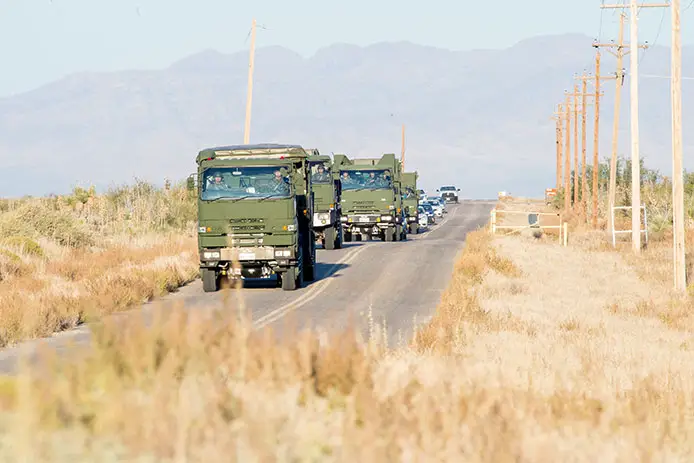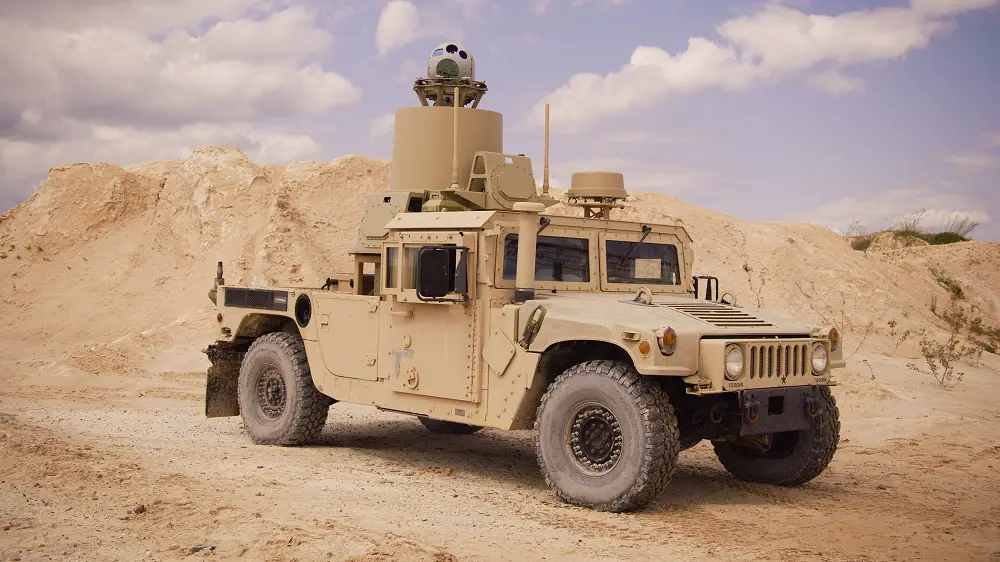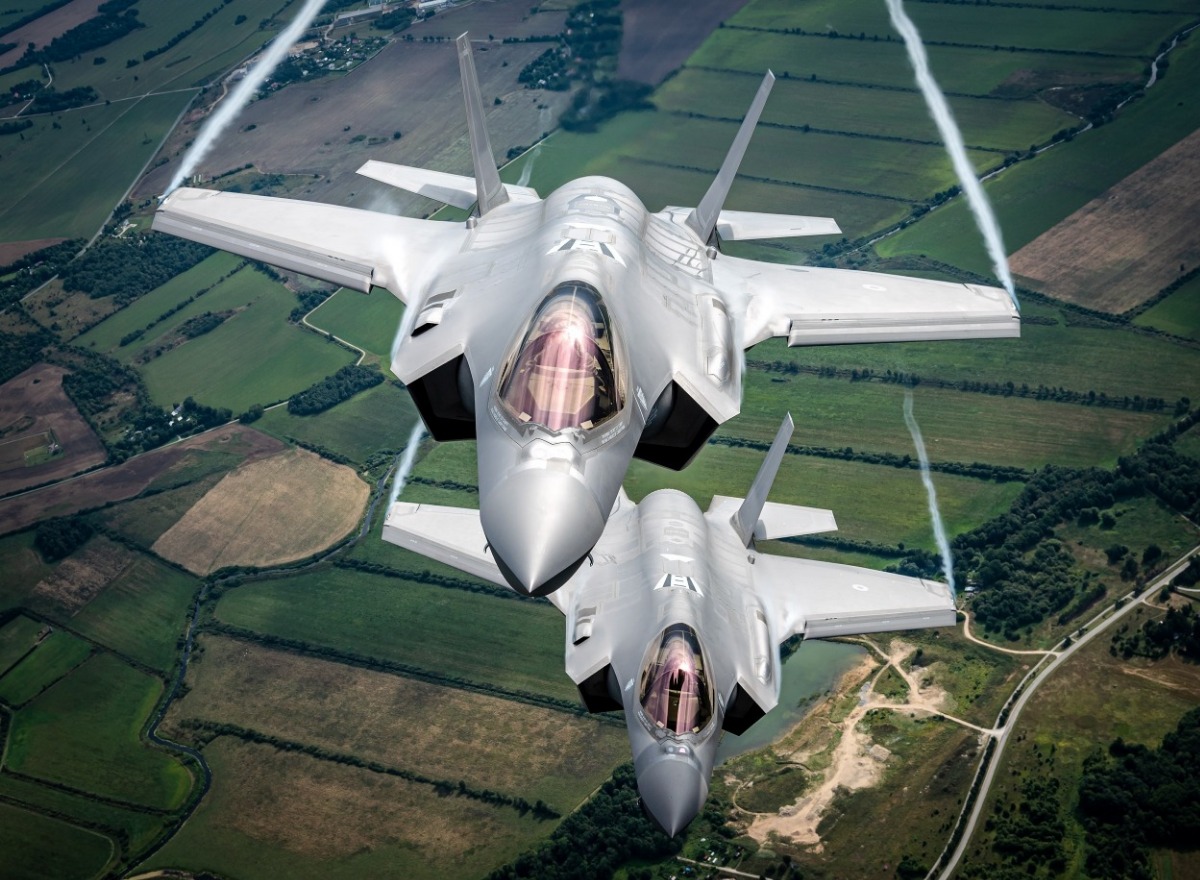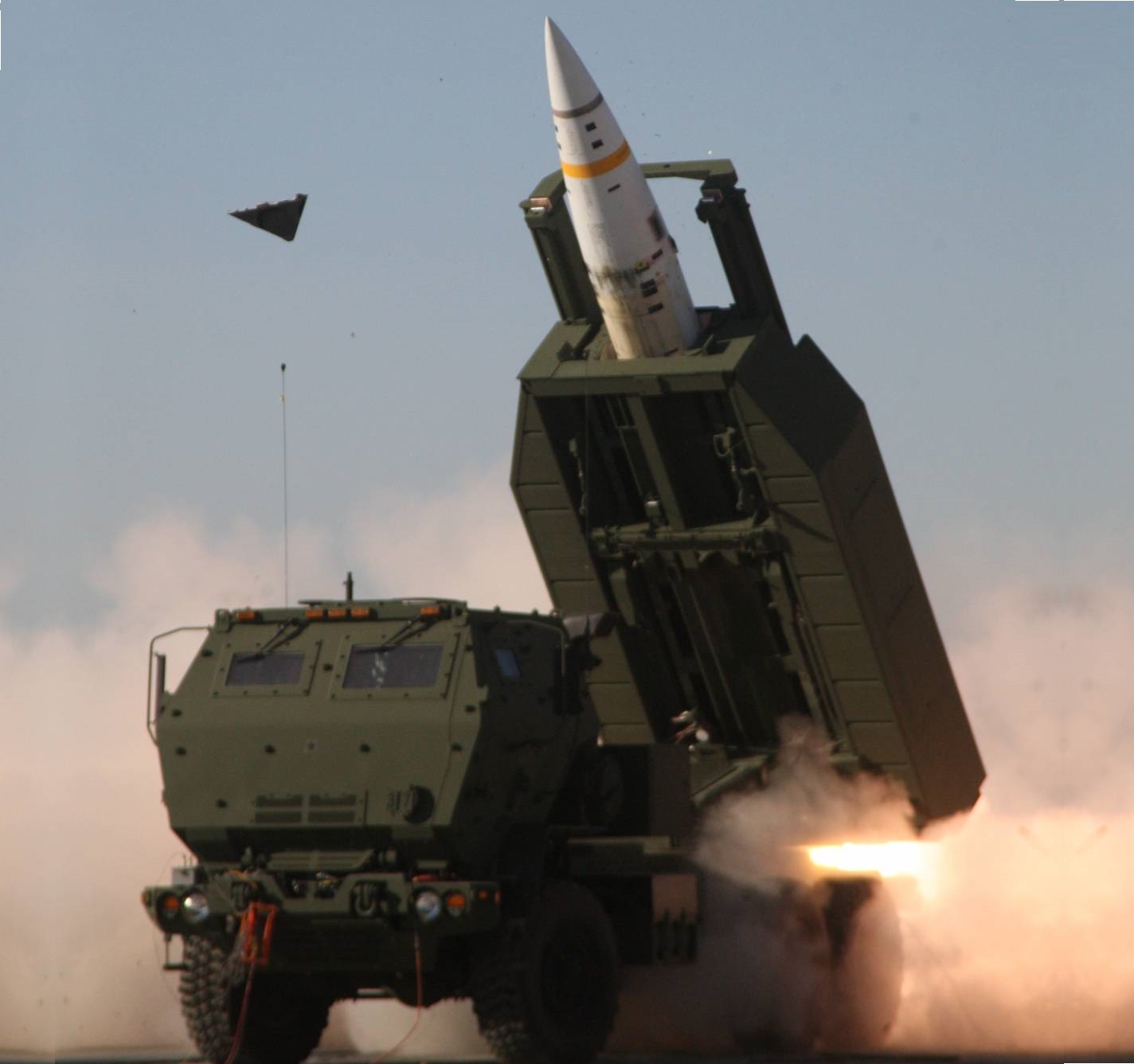Meet Simmer Singh, an American Sikh Decorated Army Captain Simratpal “Simmer” Singh is a devout Sikh who has finally prevailed against a three-decade ban preventing observant Sikhs from serving in the U.S. Army.
As a child, Captain Singh wore the patka, a small turban worn by Sikh children to cover their unshorn hair. In high school, he began wearing a full turban and beard—also core “articles of faith” in the Sikh religion—to remind him of the inherent dignity and equality of every individual before God. He expected to wear these articles of faith to his death.
That is, until he joined the Army.
A Hobson’s Choice: His Country or His Faith
Military service runs strong in Captain Singh’s family and has a rich legacy within the Sikh tradition. In high school, Simmer longed to join the Army. Knowing that observant Sikhs had served in the U.S. military from at least World War I through the Vietnam War, he never imagined his articles of faith might bar him from serving his country.
When Simmer was accepted into West Point in 2006, he believed that he would be given a religious accommodation for his unshorn hair, beard, and turban. But on Reception Day he was told he had to cut his hair and shave or give up his seat at the Academy. Compelled on the spot to choose between serving his country and his faith—a decision no American should have to make—he chose to serve, committing to reclaim his articles of faith at the earliest opportunity.
RFRA and a Long-term Accommodation
Captain Singh has since served with distinction for more than ten years, completing both Ranger School and Special Forces Assessment and Selection Courses, receiving a Bronze Star Medal for clearing IEDs in Afghanistan, and completing his Bachelor’s and Master’s degrees in engineering.
In 2015 he learned about his rights under the Religious Freedom Restoration Act (RFRA). Passed in 1993 by President Clinton, RFRA prohibits the Army from suppressing a soldier’s sincere religious exercise absent a compelling government reason. In this case the government had no good reason for discriminating against Sikh Americans. Nearly 100,000 soldiers have exemptions from the Army’s beard ban for medical reasons. Special Forces Operators commonly wear beards on the front lines in Afghanistan. And observant Sikhs have always served, and continue serving, in the militaries of the United Kingdom, Canada, Australia, India, and elsewhere. Indeed, Canada’s current Secretary of Defense is a fully-bearded Sikh, who previously served alongside American forces in Afghanistan.
Becket, along with the Sikh Coalition and the law firm McDermott Will & Emery, petitioned the Army to grant Captain Singh a religious accommodation, and filed suit on February 29, 2016. On December 10, the Army issued a temporary one-month accommodation under RFRA, which was extended to March 31. However, in late February, the Army abruptly ordered Simmer to undergo a series of discriminatory tests that other soldiers permitted to wear beards for medical reasons are not required to complete. On February 29, Becket, McDermott, and the Sikh Coalition filed suit on Simmer’s behalf to prevent the discriminatory testing and to obtain a permanent accommodation. On March 4, the court ordered the Department of Defense to cease all discriminatory testing against Captain Singh and granted him temporary protection while the case was ongoing. In March 2016, Becket filed a similar lawsuit in Singh v. McConville on behalf of Specialist Kanwar Bir Singh, Specialist Harpal Singh, and Private Arjan Singh Ghotra and their right to serve in the Army without abandoning their Sikh faith.
After Captain Singh’s March 4 victory in court, the Army granted him an accommodation that allowed him to serve with his religious beard, unshorn hair, and turban in place for up to one year. In January 2017, that victory became permanent when the Army issued new regulations stating that Sikh soldiers will not be forced to abandon their religious turbans, unshorn hair, or beards throughout their military career.
